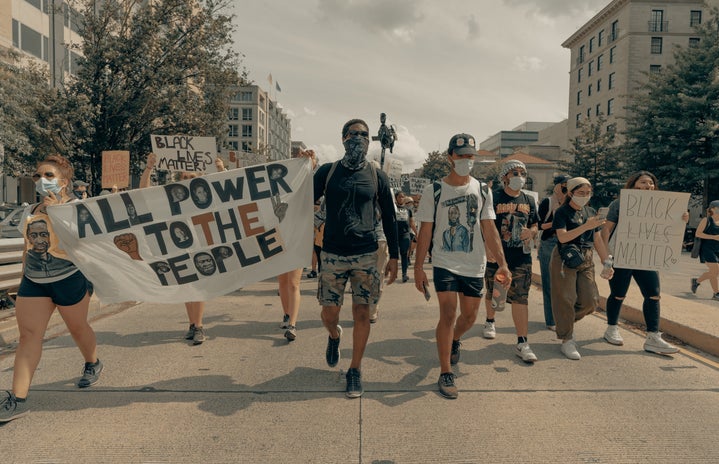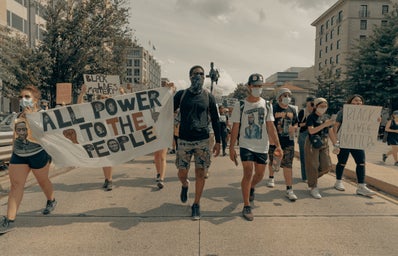Warning! Minor spoilers for the Hunger Games!
Around two months ago on February 1st 2021, the Myanmar military captured the state counsellor Aung San Suu Kyi and seized control of the country. These events followed an election that Suu Kyi’s party won. The opposition of Myanmar claimed that the election was fraudulent, though according to the election commision, there has been no evidence to support this claim. The military backed the opposition and started a coup which has led to commander-in-chief Min Aung Hlaing becoming the leader of the country. The coup has been followed by wide-spread protests from the citizens of Myanmar who refuse to accept the change of power quietly. Dozens of protesters have died as a consequence of excessive use of military force, but the protests continue to this day.
Now, what does the situation in Myanmar have to do with the Hunger Games? If you have read the Hunger Games books or seen the movies, you’ll know that they follow a certain Katniss Everdeen who, as a consequence of all kinds of different events, becomes the front woman of a resistance that is fighting an unjust government and its leader president Snow. Katniss is used to inspiring the rebels in the form of propaganda films. To the rebels, she’s the symbol of hope and strength.
In Hunger Games, we see the rebels use a certain hand symbol as a way of showing resistance to the government or support for the other rebels: they lift their hand up, palm facing forward and the three middlemost fingers lifted. This hand symbol has been adopted by the Myanmar protesters. And this is not the first time the salute has been used in real life; Thai protesters, for example, used it last year in their anti-government protests.
This is a prime example of how popular culture can influence real life very radically. Now Katniss Everdeen is not only a symbol of hope for the fictional rebels in the Hunger Games, but also for the very real protesters all over the world. They see their own situation as very similar to hers, and the only difference is that her situation is fictional whereas theirs is very real.
The protesters’ usage of the salute can also help everyone around the world who is not in their situation relate to them in ways that would otherwise not be possible. For example I, a Finnish person who has never been to Myanmar, cannot really understand how the protesters there must be feeling. But via the salute they signal that they relate to Katniss and that what they feel is somehow similar to how she was feeling living in a country with a corrupt government. Because I have read the Hunger Games and seen the movies, I can also somewhat relate to Katniss and therefore better understand the thoughts of the Myanmarese protesters.
So, the situation in Myanmar has definitely taught us that popular culture creators can have a very real influence on the real world around us even if their works are fictional. I think that this is something very important to remember since this works both ways; creators can inspire, as the author of the Hunger Games Susan Collins has done with regard to the Myanmarese protesters, but popular culture pieces can also spread hate and cause division. This is a huge responsibility that creators should not overlook.
If you wish to donate to help Myanmar, please visit for example: https://www.savethechildren.org/us/where-we-work/myanmar.



